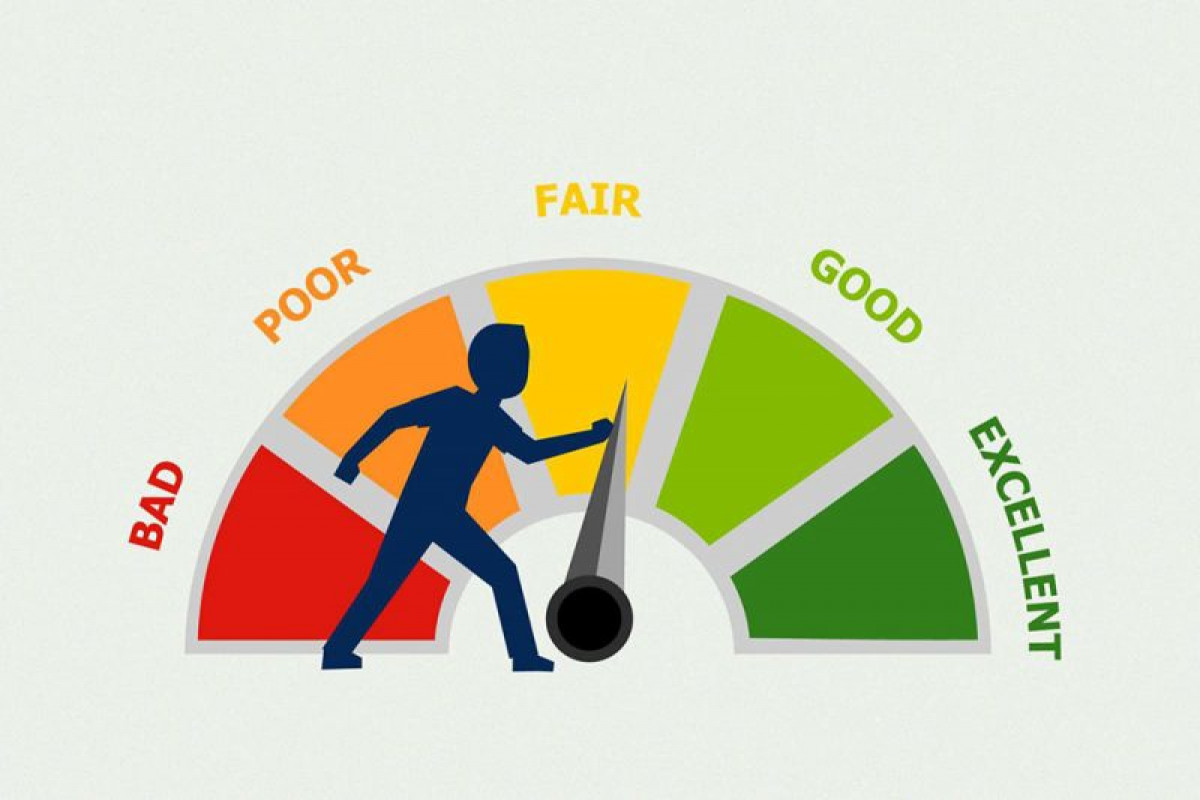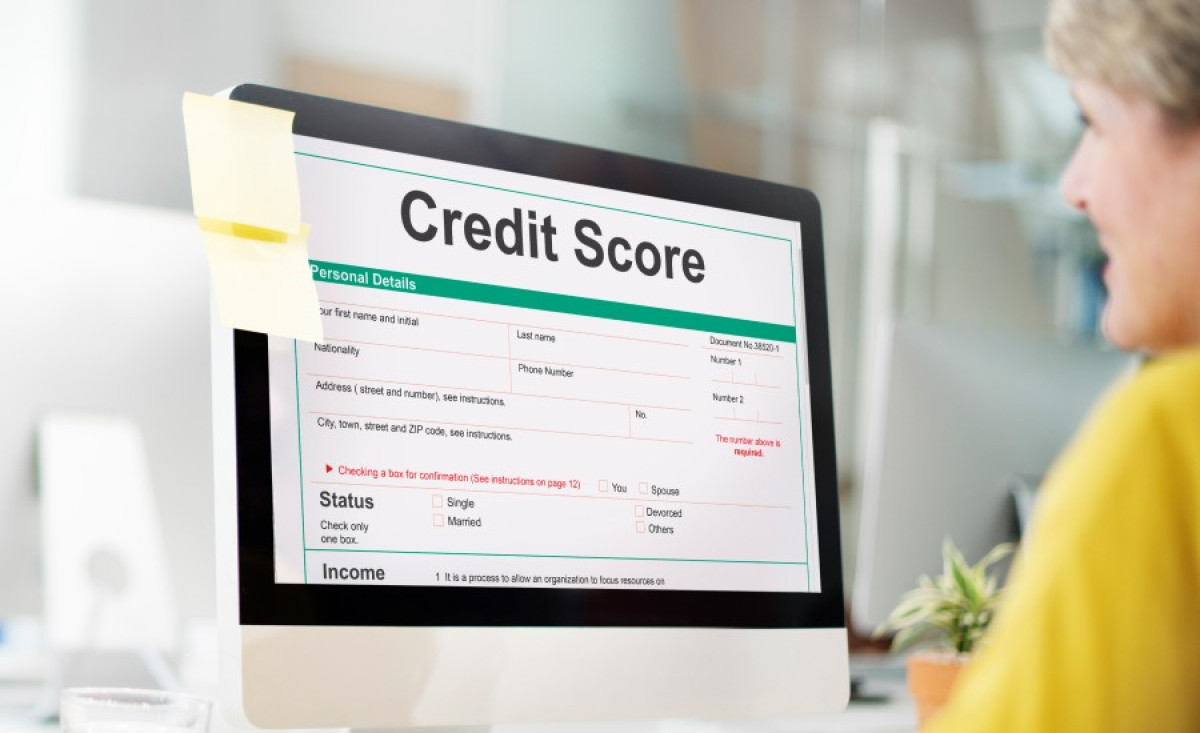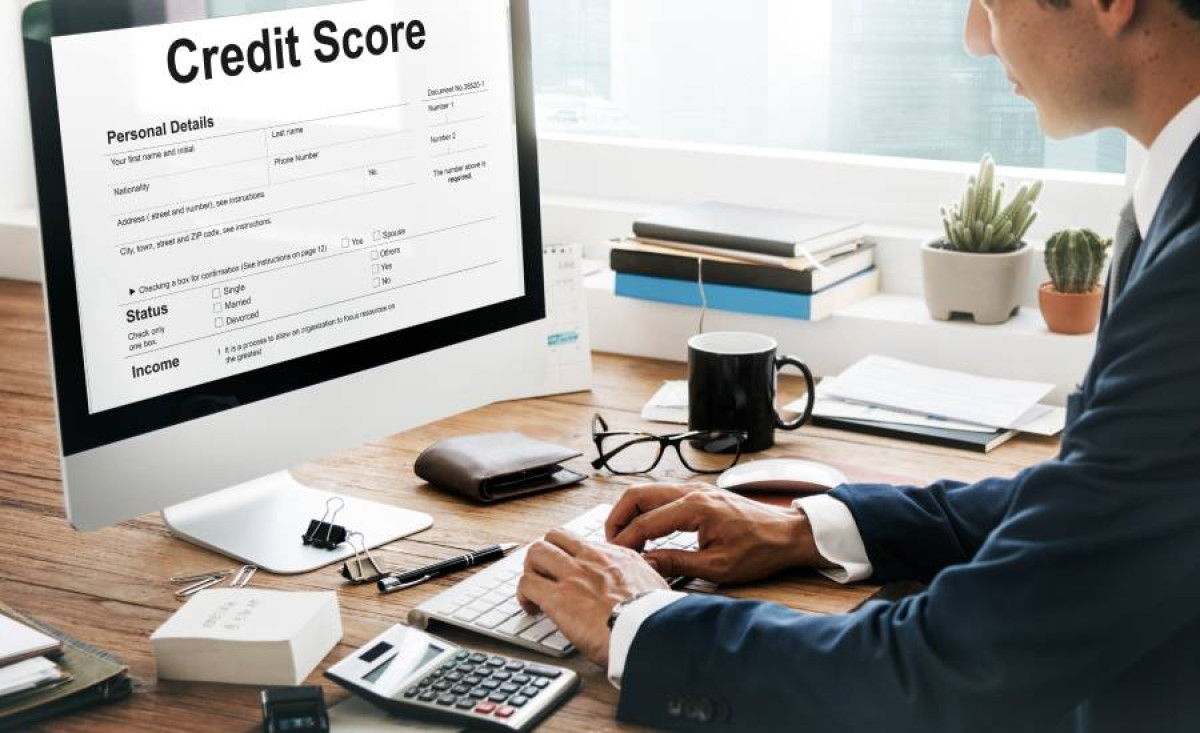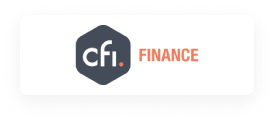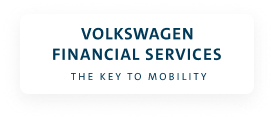Newsroom
Responsible Ways to Pay Off Debt

- Oxcel Finance
- December 29, 2023
One thing everyone can agree on is that unpaid debt is the real stuff of a nightmare. With numerous debts choking you from all around, you'd want nothing but a way out. Yet somehow, you always find yourself accumulating even more debt.
You need to find responsible ways to pay off your debt without starving yourself and your family. With the Reserve Bank of Australia's cash rate now lower than ever, it's much easier. You’ll need to opt for the right strategy, and you're good to go.
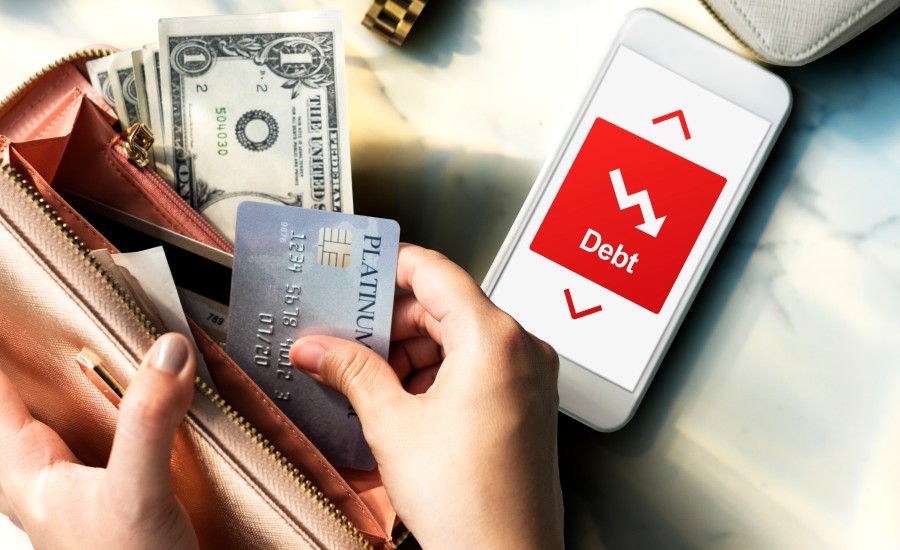
Right Ways to Pay Off Debt
That's why we'll go through all the sound strategies you can rely upon to get yourself out of debt. So, without further delay, let’s go through all the responsible ways to pay off debt and find one that works for you.
Assess Your Situation
Before taking a single step, you want to know your footing. You'll need to understand exactly how much you owe clearly. Although it can weigh heavy on your nerves, it's necessary that you confront your debts head-on.
Technically, the approach would be to make a list that includes the following:
- How many debts do you have, and how much is each debt
- Amount of the monthly payments that you have to make.
Once you have a clear picture of your situation, working out a strategy for yourself will be much easier and more effective.
Strategy One: The Debt Avalanche
One of the right approaches to getting yourself out of debt is to pay off the debt with the highest interest rate first, regardless of the amount you have to pay.
Once the debt with the highest interest rate is paid off, you move on to the second-highest interest rate. You keep repeating the process until your reach the debt with the lowest interest rate.
This strategy is called debt avalanche because it helps you pay off your debt quicker by minimising the interest rate you pay through the life of the loan. On top of that, this strategy ultimately cuts down the total amount you'd have to repay, saving you hundreds, if not thousands, of dollars.
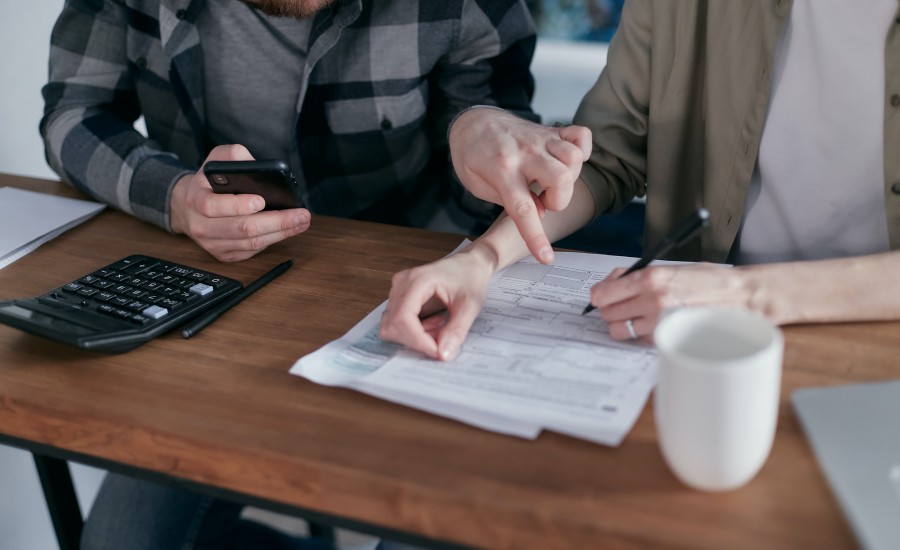
However, to reap the rewards fully, you'd need to keep these few things in mind and work accordingly.
Paying your credit cards first
You'll need to manage your credit cards if you want to make any real headway toward paying off your debts. Paying your credit cards off first is an excellent move in most situations, as credit cards usually come with the highest interest rate.
If you have multiple cards, go for the highest interest rate first, then move on to the second-highest-rate debt.
Transfer the Balance to a Low-rate Card
If you can, transferring the balance to a low-rate or a zero card can lead to a major cut down on the total amount you'd have to pay.
Many credit card companies offer a no-interest or low-rate period that you can make the most out of while it lasts. However, due caution should be taken concerning when the initial low-rate period ends.
Trust me; You don't want to pay more than you were supposed to with the previous credit card.
Manage Your Personal Loans
Once you've dealt with your credit cards, you'd need to focus on your personal loans and separate depreciating assets from valuable ones.
Depreciating assets lose their value over time. So if you've bought a depreciating asset with your personal, the right course of action would be to pay as much as possible during its depreciating life.
Another good idea is always to think ahead and opt for a smart strategy to pay off the debt more easily and sooner.
Strategy Two: The Debt Snowball
The debt snowball strategy is a very effective method of tackling your debts. According to this strategy, you pay your debts from the smallest to the largest, disregarding the interest fees altogether.
To elaborate, you keep paying the minimum payments on all of your debts, but any extra money you can afford to spare will pay off the smallest of your debts. You keep on doing this until your smallest debt is fully paid. And once that's done, the money you were pouring into the paid debt will go to the second smallest debt.
You continue this through the ladder, all the way up to the largest of your debts. This strategy works magnificently for those who're suffering from a lack of motivation because nothing gets you going like seeing one of your debts getting paid off.
Strategy Three: Consolidate Your Loans
Debt consolidation can work miracles and save you from spending a lot of dollars.
In this strategy, you'd need to take out a personal loan with a low-interest rate and transfer all your debts to this loan. After consolidating your debts, you'll have only one debt to worry about instead of a bunch with varying interest rates.
Moreover, debt consolidation leads to a significant decrease in the interest rate you'd have to pay. While the highest credit card rate, according to Canstar research, comes with an interest rate of 24.98 per cent, the average rate for a personal loan is a mere 10.30 per cent.
As a result, debt consolidation can easily help you with your budget, if not thousands of dollars over time.
Strategy for Your Student Loan
Now, if you're thinking about how your student loan fits into this, the answer is not tough: it doesn't. HECS repayments are usually based on your income and ability to afford the payments. However, the cherry on the cake is that your HECS debt is completely interest-free.
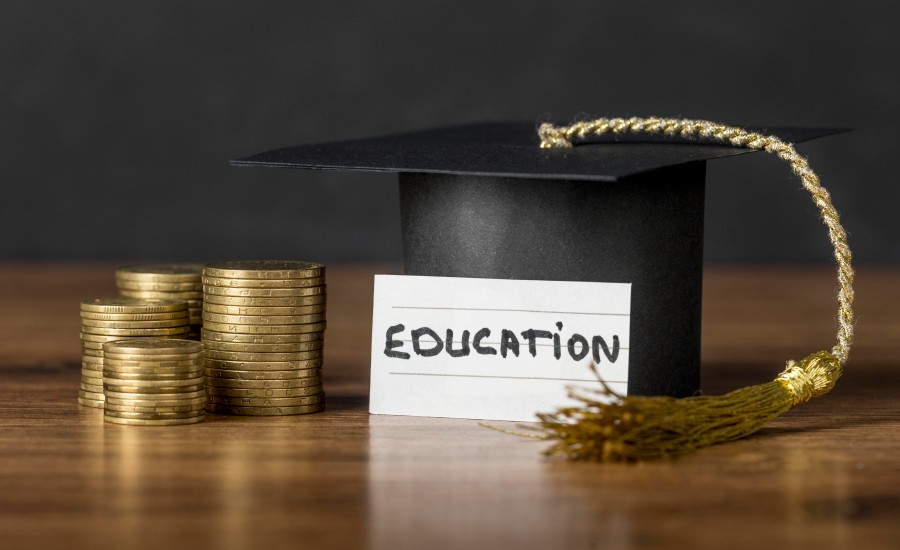
So, while you can choose to pay off your student loan first, it wouldn't be the wisest of decisions. You’d want to go for the other debts and your student loan.
F.A.Q. on Paying off Debts
What will happen if I cannot pay my debt?
Usually, if you cannot pay your debt, your financier will contact you and demand that you make the necessary payments. However, if you cannot do so, your account will default. If you still can't pay back, your lender might take further legal action against you.
How much debt is ok for me?
Although much depends on your current financial situation, an average good debt-to-income ratio is usually less than or equal to 36%. Anything over the ratio of 43% is perceived as too high.
Can I be jailed for not paying my debt?
According to the law, you can't be locked up for not paying your debt. However, the obligation to pay off your loan will not go away.
The Bottom Line
Handling multiple debts is not only tricky in itself but also increases your stress levels. However, depending on your financial situation, the correct debt-elimination strategy can work wonders and end all your worries. All you’ve got to do is follow through.
If you've gone through the entire article, you should know the responsible ways to pay off the debt by now. So, what are you waiting for? Choose your strategy and get the burden off your shoulders.




